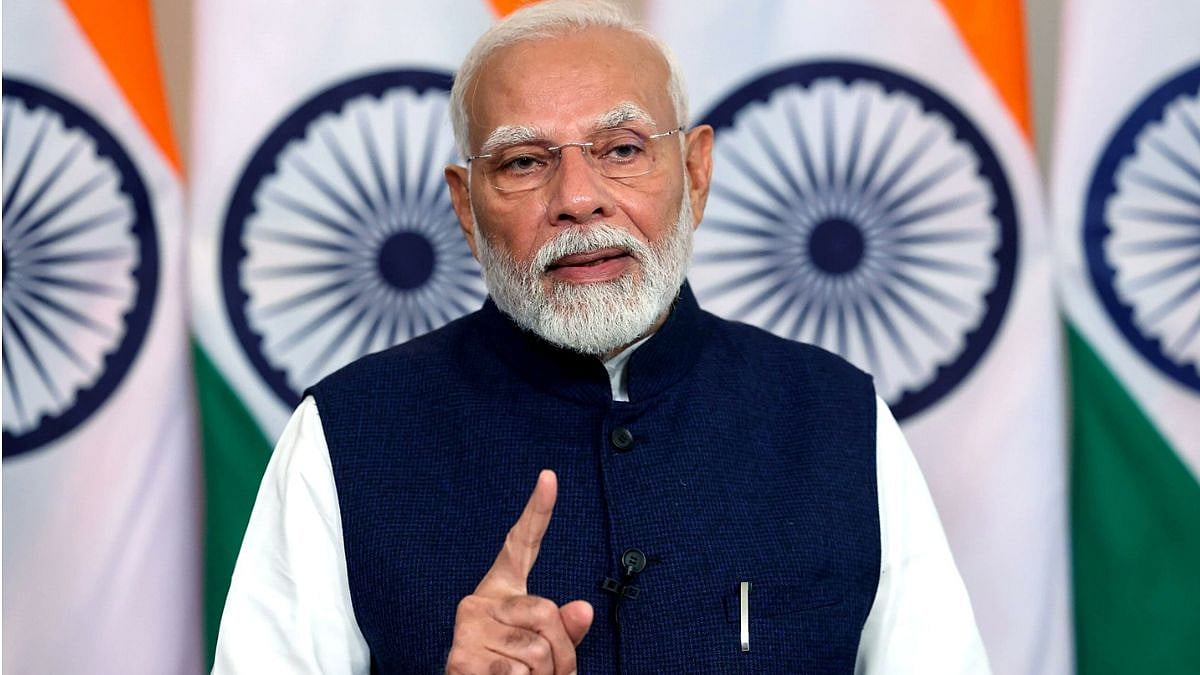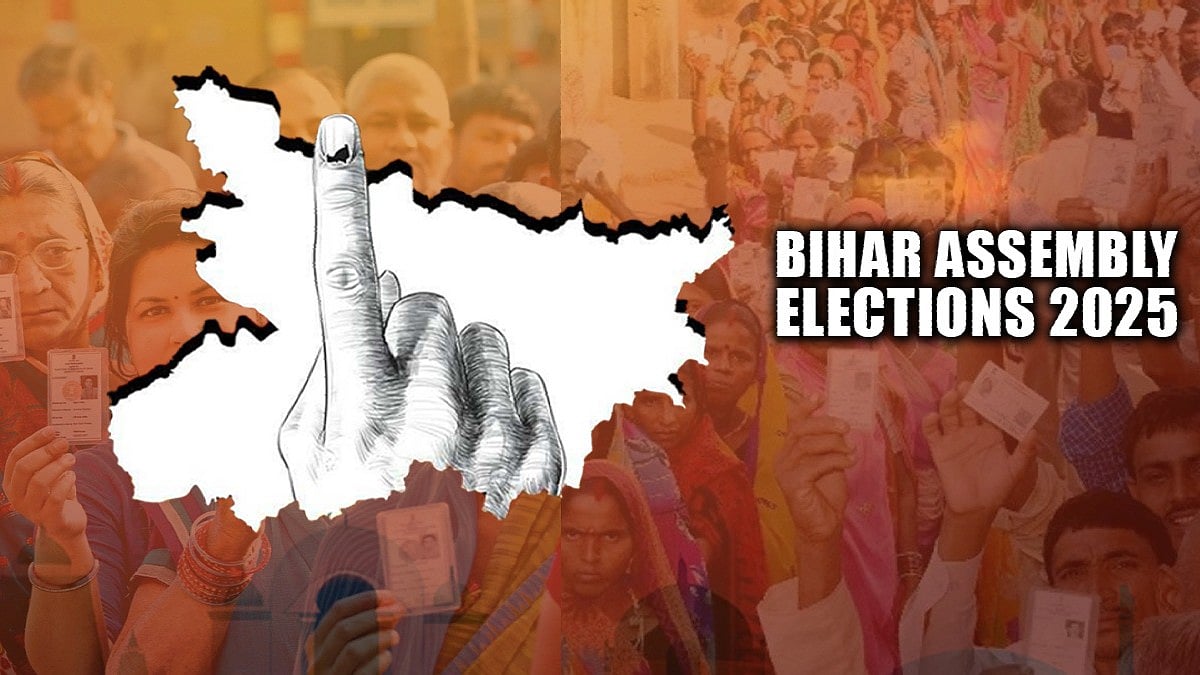Agro-ecology is making headlines around the world and for all good reasons. Put simply, agro-ecology is an academic-speak for ways of growing food without harming nature or humans. Loosely referred to as organic, natural or chemical-free on your food labels, it is the next big thing on the global climate agenda.
Around 2000 farmers engaged in natural farming in India
About 2000 farmers engaged in organic or natural farming and its variants of agro-ecological practices had gathered in the city of Aluva on the banks of the Periyar river in Kerala in the last week of 2023 for the biennale convention of the Organic Farmers Association of India. The farmers had travelled from across the country and brought with them hundreds of traditional seeds and organic produce to display, ideas and innovations to exchange, stories of perseverance and defiance to share, and grandiose plans to feed the world clean, healthy, and chemical-free food.
With 44.3 lakh, India has the highest number of organic farmers in the globe
India has the highest number of organic farmers in the world at 44.3 lakhs, with 59.1 lakh hectares area under organic farming, accounting for 4 per cent of the net sown area of the country, according to the 2022-23 Economic Survey. One thing was clear at the Aluva convention Indian farmers have moved on from Rudolph Steines Biodynamic farming and Bill Mollisons Permaculture to Subhash Palekars Zero Budget Natural Farming and Shripad Dabholkars Natu-Eco farming with astounding results.
According to Agricultural and Processed Food Products Export Development Authority (APEDA), India produced around 2.9 Mn MT (2022-23) of certified organic products, which includes all varieties of food products namely Oil Seeds, fibre, Sugar cane, Cereals & Millets, Cotton, Pulses, Aromatic & Medicinal Plants, Tea, Coffee, Fruits, Spices, Dry Fruits, Vegetables, Processed foods etc. Among different states, Madhya Pradesh is the largest producer, followed by Maharashtra, Rajasthan, Karnataka, and Odisha.
As it is modern industrial agriculture, with its intensive use of water, energy and chemical inputs, has resulted in the irreversible pollution of water, unprecedented degradation of land, and human health effects such as immune suppression, hormone disruption, diminished intelligence, reproductive abnormalities and cancer. The excessive use of chemical fertiliser and pesticides following the Green Revolution in India has dramatically damaged soil health resulting in reduced production capacity, which, in turn, brought farmers under debt.
Moreover, globally modern agriculture accounts for about 17 per cent of humanity's greenhouse gas emissions. For the first time ever, in the 28 years of climate negotiations, the final agreement of COP 28, the annual UN climate summit held in Dubai in December 2023, recognised the role of sustainable agriculture in responding appropriately to climate change.
India did not sign the declaration to speed up action on revamping agriculture and food systems
Over 130 countries signed a declaration to accelerate action on transforming agriculture and food systems, to scale innovation and financing for soil health, and other measures to combat climate change.
The declaration is not legally binding, but these countries have agreed to work together to scale up adaptation and resilience efforts for farmers and take more action to transform production practices by addressing soil health, food waste and biodiversity loss. India did not sign the declaration citing threats to its food security and concerns around trade agreements, but for the farmers gathered at the OFAI convention, this was a clear signal that their time had come. They have proven how organic farming can adapt to climate change, drastically reduce greenhouse gas emissions and dramatically improve soil and human health. Without any real state support or subsidies, despite climate change and in the face of multiple hurdles from sowing to harvesting to marketing, these farmers had successfully demonstrated how non-chemical practices, along with protection and restoration of nature, can increase yields and resilience to pests and climatic extremes.
However, as a young farmer pointed out, unless the humongous subsidy for chemical fertilisers is reined in there is little hope for sustainable farming in India. The large-scale adoption of chemical fertilisers resulted in the deteriorating quality of soil, and yet in 2020-21; the annual subsidy bill was ₹1,31,230 crore, which is more than 10 times the subsidy bill of ₹12,908 crores in 2001-02. This has to change.
Agriculture is a victim of climate change
A transition to sustainable agriculture requires healthy soil and inputs, and the subsidy to chemical fertilisers has to be phased out eventually. However, any transition must address and not exacerbate injustices. Agriculture is a victim of climate change, but it does not have to be the climate villain. As any organic farmer will tell you, transitioning away from resource-intensive food systems towards more resilient, diverse systems is crucial to reversing the climate crisis and adapting to extreme weather while improving food security and global health.
Shailendra Yashwant is an independent environmental photojournalist and climate communications consultant. He tweets at @shaibaba










